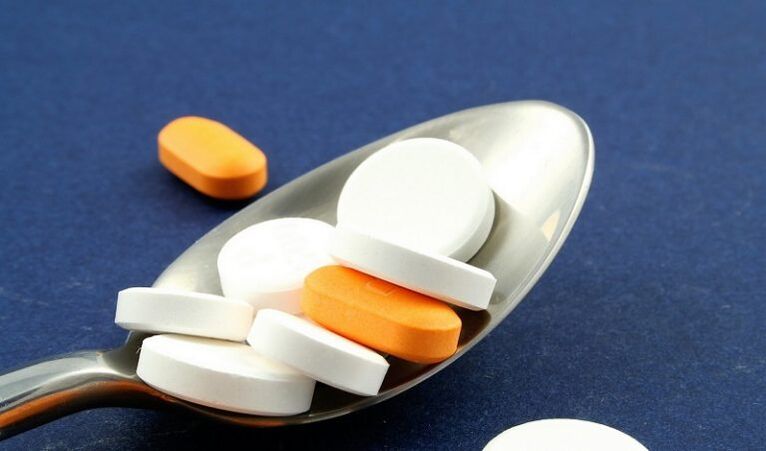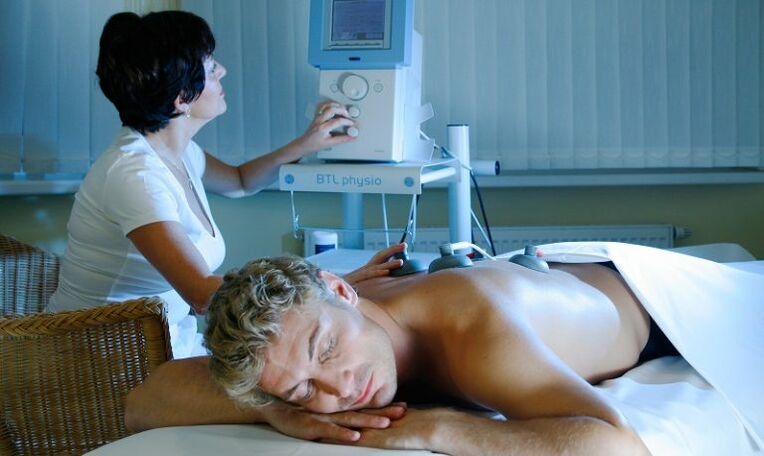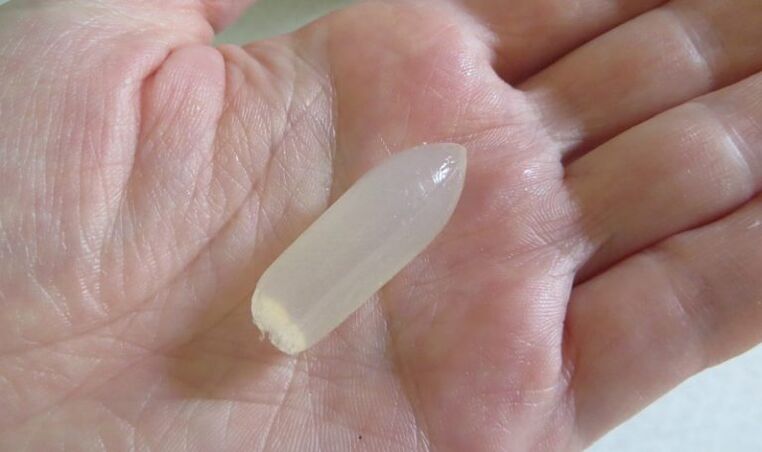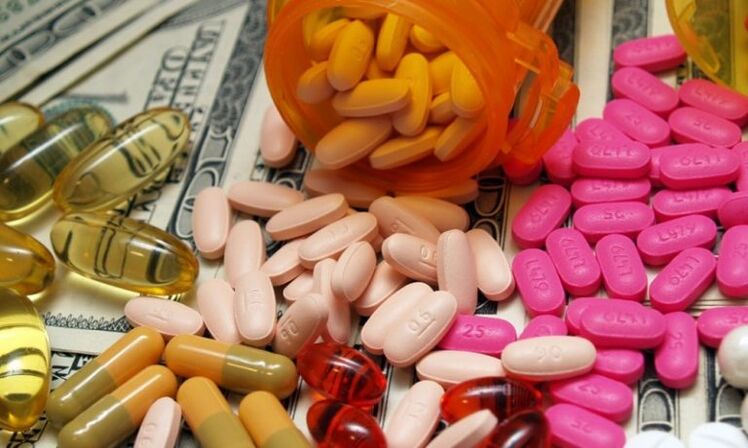An experienced doctor should be involved in the treatment of prostatitis. The therapeutic program is selected based on the results of the examination and the prescribed laboratory tests.
As a rule, these are 2-3 additional prescriptions, which are 1 of the most effective methods of treatment of prostatitis and have a supporting role, taking into account the specific features of the patient's health.
Methods of treatment of prostatitis
To better understand which methods of treatment of prostatitis have the greatest effect, it is necessary to disassemble each one separately. This will provide a more detailed picture of the treatment.
Antibiotic therapy
The most effective way to treat prostatitis is to take a course of antibiotics. Since inflammation is caused by the pathogenic activity of most pathogenic bacteria, the action of drugs should be aimed at destroying microbes that multiply uncontrollably.

In acute prostatitis, intravenous or intramuscular injections are prescribed. After significant relief of symptoms, the patient switches to oral antibiotics.
In addition, a wide range of drugs is used. If the body responds positively and the results of subsequent tests improve, the doctor follows this treatment system.
If a specific microbe is found to cause an inflammatory process in the prostate gland, treatment can be directed. More often, antibiotics have a bacteriostatic effect, ie they are aimed at preventing the growth of colonies.
Human immunity must deal with the neutralization of existing microbes. Such drugs have a milder effect on the body and practically do not cause side effects. They also to a lesser extent destroy the beneficial intestinal microflora.
Bactericidal drugs are also used to treat prostatitis. Their task is to completely destroy pathogenic microorganisms. They help to cope with the problem as soon as possible, but after antibiotic therapy requires a long course of rehabilitation.
They are prescribed only when PCR and BAC-urine culture show the only variant of the causative agent of prostate disease.
Prostate massage
The most effective way to treat chronic prostatitis is a course of massage. In terms of benefits, it cannot be directly compared to prostate massage. No modern device can replace an experienced specialist.
In the latent course of chronic prostatitis, prostate massage does not cause pain in the patient. The course, as a rule, consists of 7-10 procedures, each lasting 1, 5-2 minutes. At this time, 3-4 drops are released from the urethra to release prostate secretion.
Each lobe of the prostate is massaged separately. The movements should be gentle. The intensity is adjusted according to the patient's feelings. If a man begins to feel pain, the doctor reduces prostate pressure.
Massage improves blood circulation, reduces swelling of the lobes of the prostate gland, normalizes the functions of the genitourinary system. If there is activity of pathogenic microflora in the prostate, high-quality cleansing of the organs occurs during massage. The resulting discharge is sent for research to help clarify the diagnosis.
Physiotherapy
Physiotherapy is used as a complex therapy. The magnetic effect is able to gently improve the condition of the prostate. Electrophoresis not only stimulates blood circulation, but also helps to better stagnant prostate secretions. Warming helps reduce prostate swelling and has a drainage effect.

The most effective way to treat prostatitis for sexual dysfunction is physiotherapy. Stimulation of the body's protective potential helps in the fight against pathogens of the inflammatory process. Swelling decreases and the rate of cell regeneration increases, which leads to a rapid recovery of a healthy prostate.
Suppository drugs
Rectal suppositories are prescribed for various forms of prostatitis. They can have antimicrobial and anti-inflammatory effects. Perform a prophylactic or therapeutic function.
There is an advantage to targeting suppositories. If it is necessary to wait for the effect of taking the pills due to the physiological characteristics of the body structure, rectal administration of suppositories helps to have an immediate effect on the affected organ.

Suppositories may have antispasmodic effects. With a painful narrowing of the muscle tissue of the prostate, they are prescribed for symptomatic treatment, which helps to reduce anxiety and improve the urinary process.
Rectal analgesics are also used. They relieve pain quickly and effectively. They act almost immediately. However, they should only be prescribed by the attending physician.
Biologically active supplements
Biological agents help in the treatment of the prostate, have a complex or targeted effect on the body. They have no contraindications and do not cause side effects.

Of course, the appointment should be made by a specialist who understands the effects of a particular drug. Dosage and course are determined individually. However, most patients report a positive effect of dietary supplements as both adjuvant therapeutic and prophylactic agents.
Thus, we have considered all methods of treatment of prostatitis. Your doctor will decide which one is right for you. Under no circumstances should you self-medicate and consult a doctor immediately at the first signs of illness.
























